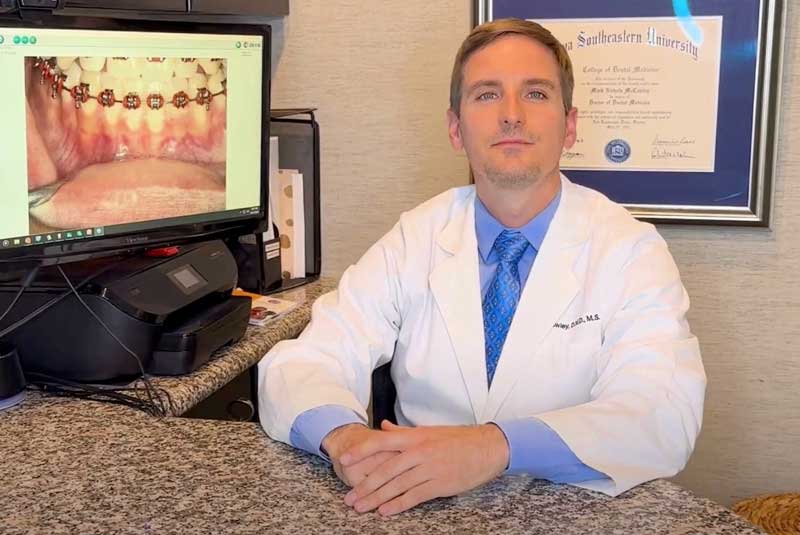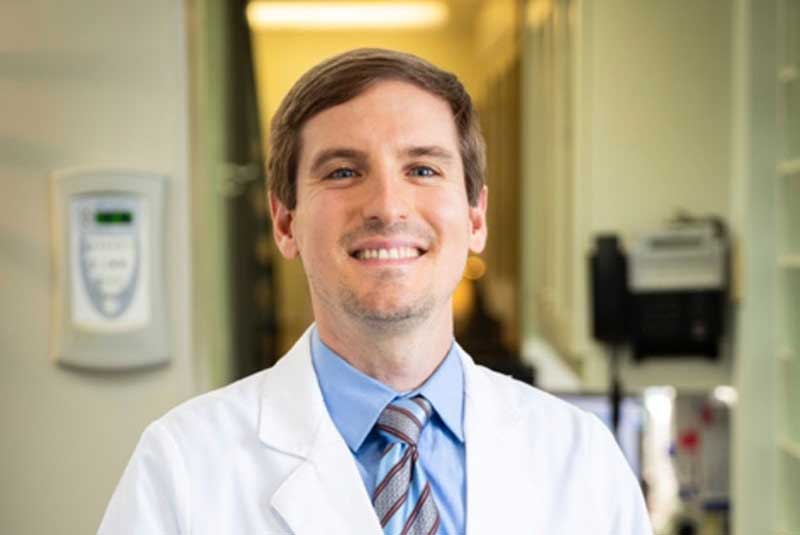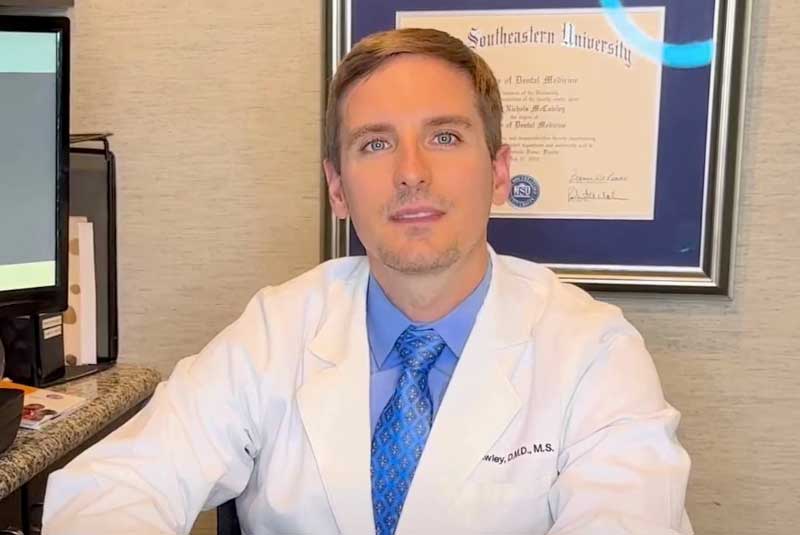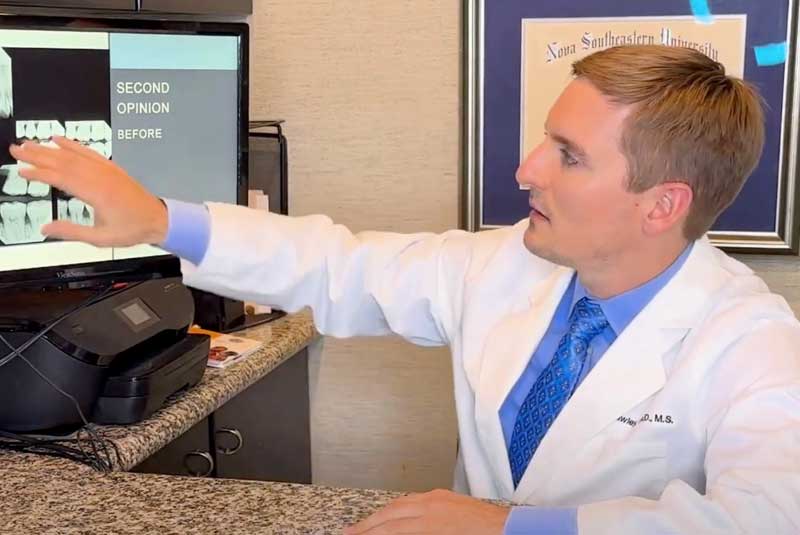At the McCawley Center for Laser Periodontics and Implants, we understand how devastating it can feel to be told your dental implant is losing bone and failing.
Fortunately, there is hope. With the Laser Assisted Peri-Implantitis Procedure (LAPIP®), we can often save infected implants without traditional surgery that would otherwise be lost.
We offer the laser assisted peri-implantitis procedure (LAPIP) at our periodontal office in Fort Lauderdale, FL.
Peri-implantitis is an oral infection that affects the bone and soft tissue around implants.
It begins when oral bacteria become trapped between the gum and the implant surface, forming infected pockets that destroy the supporting bone structure. Without treatment, this leads to bone loss, loosening of the implant, and eventually implant failure.
Just like periodontal disease, peri-implantitis can develop due to poor oral hygiene, a history of gum disease, smoking, or systemic health issues. Left untreated, it does not just threaten your implant; it can also impact your overall health.
Research has shown that oral bacteria associated with peri-implantitis can enter the bloodstream and contribute to serious systemic diseases. Studies have linked this type of bacterial infection to increased risks for heart disease, stroke, pancreatic cancer, and other potentially fatal conditions.
Symptoms of peri-implant disease may include:
Many patients do not feel severe pain until the bone tissue has already begun to regress. Early diagnosis and treatment can help save the implant and avoid implant replacement.
In most cases, we can save an infected dental implant from being lost.
We treat peri-implantitis with the same advanced laser technology we use to treat periodontal disease in natural teeth.
Initially developed for treating severe gum infections, the PerioLase® MVP-7™ allows us to deliver minimally invasive laser therapy with precision and care. TheLAPIP® protocol targets only the infected tissue around the implant, leaving healthy tissue intact and stimulating new bone growth to reinforce the stability of your implant.
Compared to traditional surgical methods, LAPIP® is gentle, effective, and far less traumatic. It reduces inflammation, preserves the surrounding tissue, and encourages the body’s natural healing processes, often preventing the need for implant loss.
Thanks to this cutting-edge approach, many patients can save their dental implants, even after a diagnosis of peri-implantitis.
We may recommend bone grafting to support regeneration if the infection is advanced. In rare cases where an implant cannot be saved, we can remove it, treat the site, and plan for a replacement implant once healing is complete.
The LAPIP® laser procedure targets peri-implant disease at its source without harming the healthy tissues that support your implant.
LAPIP® uses the same Nd:YAG laser technology as our proven LANAP® protocol. It disinfects and decontaminates the implant surface while removing infected tissue. The laser also supports the regeneration of bone cells, natural growth factors, and stem cells, promoting faster, more complete healing.
LAPIP® is a targeted, step-by-step laser surgery procedure designed to eliminate infection, preserve healthy tissue, and restore the health of the tissue surrounding your implant.
Here is what you can expect during treatment:
Most patients experience faster recovery times, little to no tooth sensitivity, and reduced risk of complications compared to traditional surgery.
To aid in the healing process following laser treatment, we advise patients to:
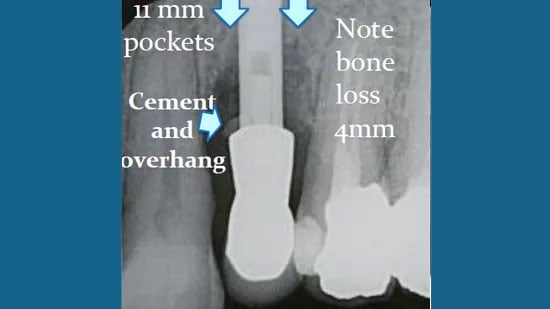
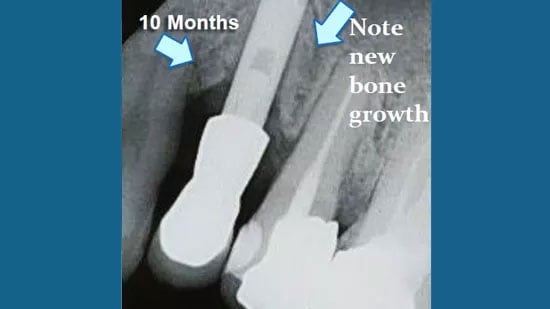
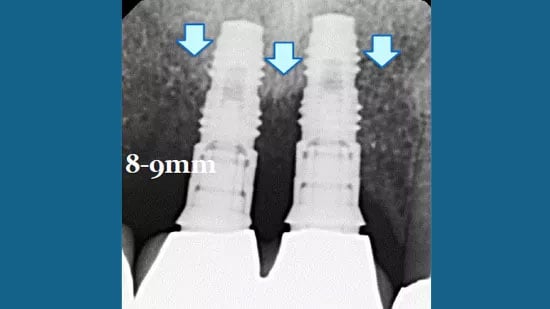
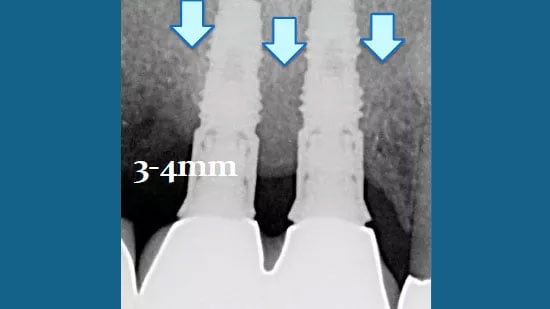
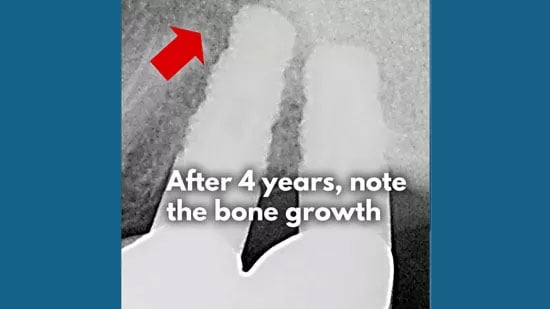
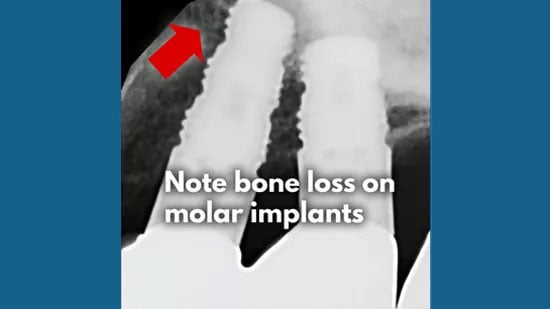
When it comes to treating peri-implantitis, not all methods are created equal.
LAPIP® offers a modern alternative to conventional surgery, with benefits that make it a preferred choice for many patients:
LAPIP is used to treat infections around dental implants. LANAP is used to treat gum disease around natural teeth. Both use the same laser technology to target bacteria and promote bone regeneration.
Most patients report little to no discomfort. Over-the-counter medication is typically all that is needed.
LAPIP is usually completed in one visit. The appointment takes about 1 to 3 hours, depending on the severity of the infection.
Yes. Even in cases with significant bone loss, LAPIP combined with bone grafting may help save the implant.
Most patients return to normal activities in the next day or two.
Often, no. LAPIP is designed to help save your existing implant and crown. However, in some severe cases, implant replacement may be necessary.
If you have been diagnosed with peri-implantitis or suspect a problem with your dental implant, the earlier you act, the better the outcome.
Dr. Tom McCawley and Dr. Mark McCawley are leaders in laser periodontics and are here to help you explore safe, effective treatment options like LAPIP®, so you can protect your oral health and preserve your smile.
To book an appointment at our periodontal office in Fort Lauderdale, FL, call (954) 807-4829 or visit us at 800 East Broward Blvd #706 Fort Lauderdale, FL.
